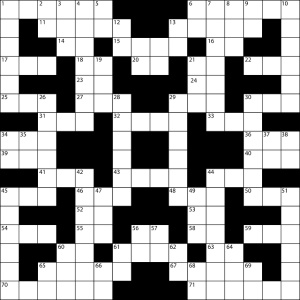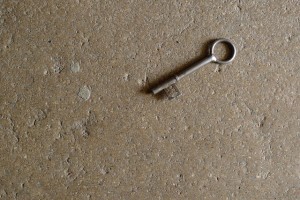what are we in for now, what is this / going on here? ![]()
[Dutch phrase of the week]
 The verb “krijgen” translates as “to get, obtain, receive” (but there are many subtleties in its usage; best to check out the DWOTD on Krijgen). The use of “krijgen” in this week’s phrase may be interpreted as “you are are getting something that you do not want”. The one using this phrase usually is indignant because something happens that is not supposed to happen.
The verb “krijgen” translates as “to get, obtain, receive” (but there are many subtleties in its usage; best to check out the DWOTD on Krijgen). The use of “krijgen” in this week’s phrase may be interpreted as “you are are getting something that you do not want”. The one using this phrase usually is indignant because something happens that is not supposed to happen.
The translation above is the dictionary suggestion, but depending on context, it can probably also be translated as “what’s going on / happening here?!”, “what the hell…”, “I’ll be damned”, etc.
Examples:
– “Zeg, wat zullen we nou krijgen, ben je helemaal gek geworden?!”
(“Hey, what’s going on here, have you gone completely mad?!”)
– “Hé, wat zullen we nou krijgen, wegwezen jullie, dit is privéterrein!”
(“Hey, what the hell, get out of here, this is private property!”)
– “Wat zullen we nou krijgen, dat was niet de afspraak! Eerst je kamer opruimen, en dan pas mag je uit!”
(“What’s this?! This not what we have agreed upon! First you clean up your room, and then you are allowed to go out!”)
– “Wat zullen we nou krijgen, iedereen moet drastisch bezuinigen maar de directeur heeft alweer een nieuwe auto!”
(“I’ll be damned, everybody has to cut back drastically but the managing director got himself yet another new car!”)
Expressions:
– “Wat krijgen we nou?!”: similar to ‘wat zullen we nou krijgen’.
– “Krijg nou wat!”: what the hell, I’ll be damned, etc..
Related words:
– Krijgen: to get, obtain, receive [verb] [kreeg, gekregen].
– Verontwaardigd: indignant [adverb/adjective].

 Een ‘raadsel’ in Dutch can be used in the meaning of riddle or mystery. Serious mysteries or enigmas however are called ‘mysterie’ or … ‘enigma’ 🙂 It is also more common to use the diminutive in case of a riddle: raadseltje. The word “puzzel” in Dutch is typically used for crossword or jigsaw puzzles.
Een ‘raadsel’ in Dutch can be used in the meaning of riddle or mystery. Serious mysteries or enigmas however are called ‘mysterie’ or … ‘enigma’ 🙂 It is also more common to use the diminutive in case of a riddle: raadseltje. The word “puzzel” in Dutch is typically used for crossword or jigsaw puzzles. “Kwijt” is a predicate adjective, which means that it modifies the subject like other descriptive adjectives, but it must follow a linking verb in a sentence, mostly (a conjugation of) the verb “zijn” (:to be).
“Kwijt” is a predicate adjective, which means that it modifies the subject like other descriptive adjectives, but it must follow a linking verb in a sentence, mostly (a conjugation of) the verb “zijn” (:to be).